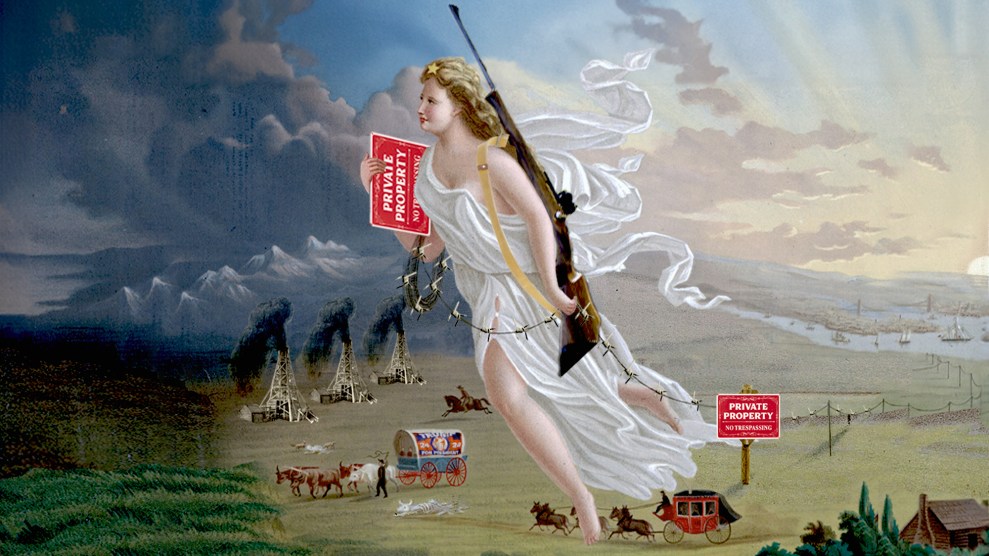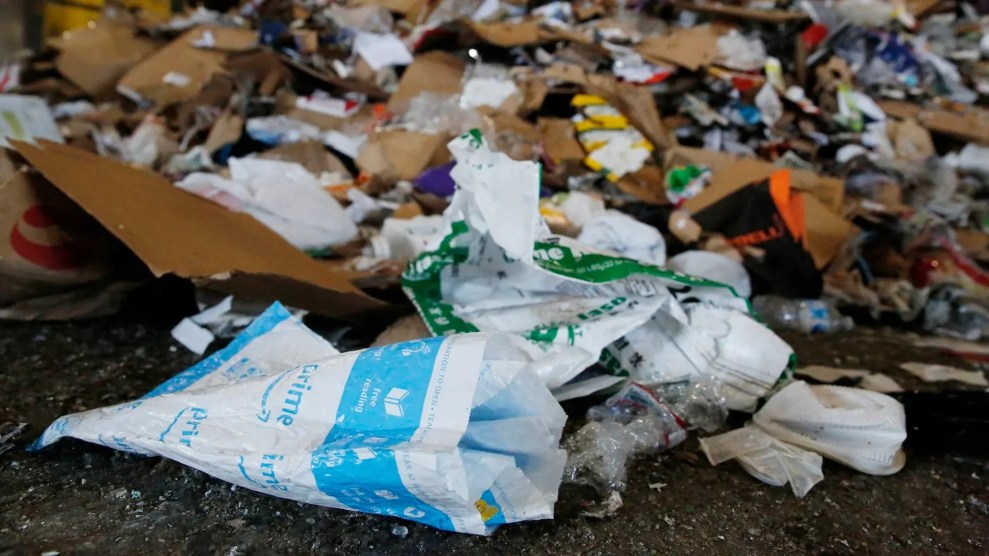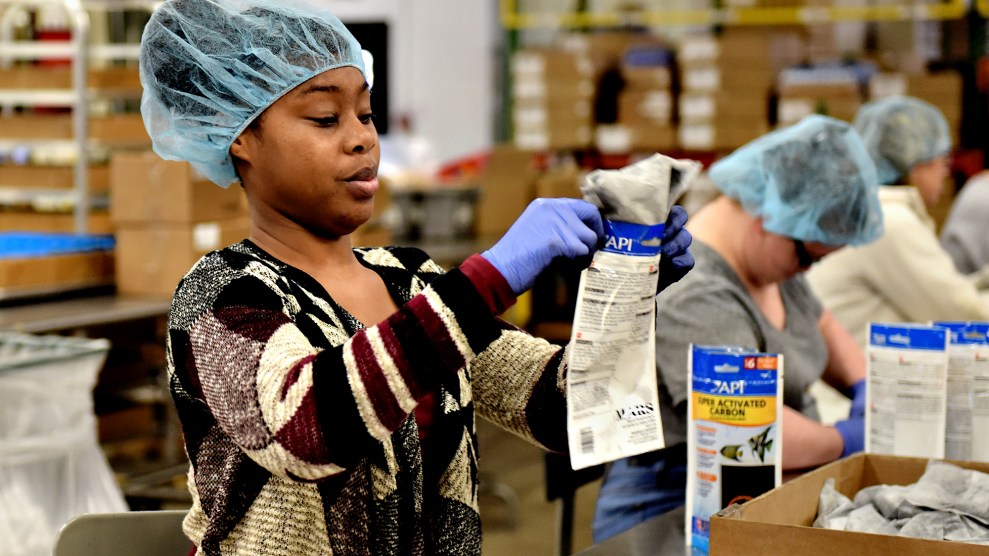On Wednesday, Mir Hossein Mousavi released a statement in which he declared the government of Mahmoud Ahmadinejad was “illegitimate,” called for continuing protests, and demanded the release of opposition supporters detained by the security forces.
One of those detainees appears to be Hossein Zaman, an Iranian pop singer. He appears on one list of detained Iranians. Various Twitter users have cited him as one of the many reformists detained. And a Tehran filmmaker tells me that he is still in prison. There’s little publicly available information—especially in English—about his arrest or current whereabouts.
Zaman, who once served in the Revolutionary Guard, has long identified with the forces for reform in Iran. An article that appeared in the Iranian Times in 2000 noted that Zaman had performed at “political events” for the reformists. In 2002, according to Agence France Presse, he blasted the country’s culture minister for not defending the rights of artists after he was blocked from performing near a shrine of a descendant of Mohammad. “It seems that certain people signed a petition during Friday prayers seeking to stop the concert,'” he told an Iranian newspaper, “and the judiciary thought it best to stop it.” The next year, according to AFP, Zaman ran for a city council position in Tehran. And his music has been banned from state-controlled radio and television.
Throughout his musical career, Zaman has received little, if any, attention outside Iran. But a YouTube search turns up a video posted in 2007 for a Zaman song called “Parandeh.”
At the White House press briefing on Wednesday, I asked press secretary Robert Gibbs if President Barack Obama would join Mousavi in urging the Iranian government to release its political prisoners. Gibbs said that “the President strongly believes in the right for people to gather in protest without fear of harm or violence.” He added, “I think I’ll leave it at that.”
And “parendeh” is farsi for “bird.”
You can follow David Corn’s postings and media appearances via Twitter.













